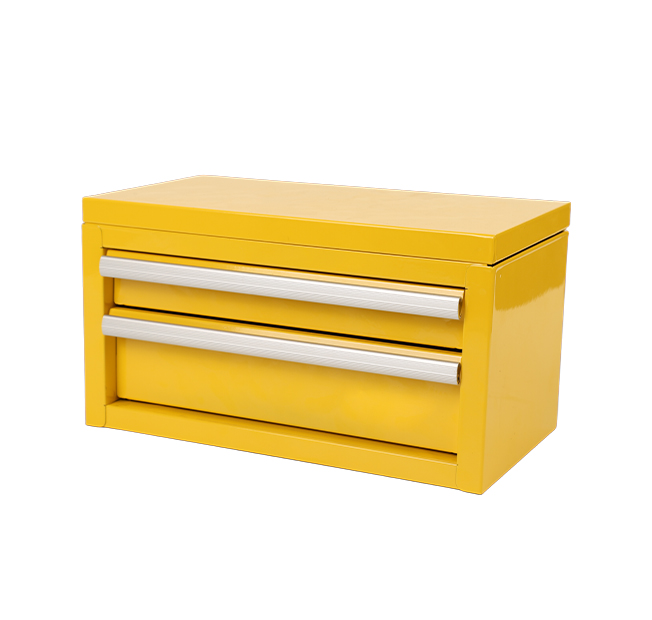Time:2025-06-16 Views:0 source:CNC Machining customization source:CNC Machining news

Sheet metal structural components in the aerospace industry possess unique characteristics that are essential for meeting the stringent requirements of aircraft and spacecraft. High strength - to - weight ratio is a fundamental characteristic. Materials such as aluminum - lithium alloys are widely used. Aluminum - lithium alloys have a lower density than traditional aluminum alloys while maintaining high strength. This reduction in weight directly contributes to improved fuel efficiency and performance of the aircraft. For example, a reduction in the weight of structural components can lead to a decrease in the overall takeoff weight, allowing the aircraft to carry more payload or fly longer distances with the same amount of fuel.
Corrosion resistance is also of utmost importance. Aerospace components are exposed to a variety of environmental conditions, including high - altitude cold, humidity, and corrosive substances in the atmosphere. Titanium alloys are often used for parts that require excellent corrosion resistance. Titanium has a natural oxide layer that provides outstanding protection against corrosion, even in harsh marine and chemical environments. This characteristic ensures the long - term reliability and safety of aerospace structures, as corrosion - induced failures can have catastrophic consequences.
High - temperature resistance is another critical characteristic. In areas such as the engine nacelles or parts near the rocket nozzles, sheet metal components need to withstand extremely high temperatures. Nickel - based superalloys are ideal for these applications. These alloys can maintain their mechanical properties and structural integrity at temperatures up to 1000°C or higher. They have excellent creep resistance, which means they can resist deformation under high - temperature and long - term stress conditions.
Precision is a defining characteristic of aerospace sheet metal structural components. The tolerances for these components are extremely tight, often within a few micrometers. This is because even the slightest dimensional deviation can affect the aerodynamic performance of the aircraft or the proper fit and function of assembled components. Advanced manufacturing techniques, such as computer - numerical - control (CNC) machining and precision forming processes, are used to ensure that each sheet metal component meets the exacting specifications. Additionally, aerospace sheet metal components often undergo rigorous non - destructive testing, such as ultrasonic and X - ray inspection, to detect any internal defects or flaws that could compromise their performance.
Read recommendations:
Sealing ring Precision electronic parts
Housing components for recessed downlights Precision electronic parts
Oval Magnetic Hardware Precision electronic parts